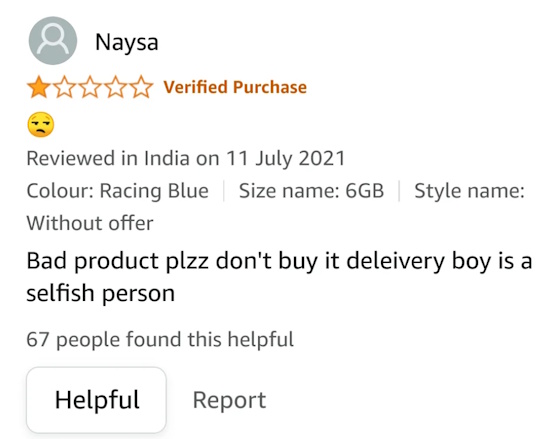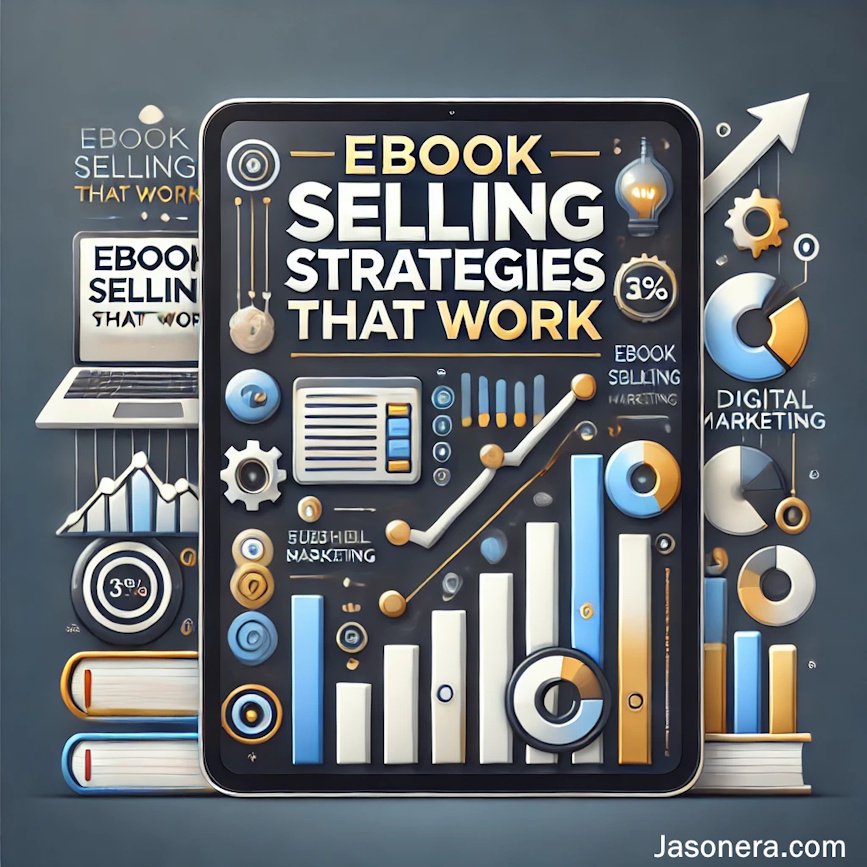2. Building And Selling Digital Products
The Truth About Online Reviews: How They Shape Sales & Trust (and How to Get More)

Online reviews are more than just star ratings—they are a critical factor in whether a potential customer clicks "Buy Now" or moves on. Whether you're selling an ebook on Amazon, a digital product on Gumroad, or anything in between, your reviews shape your credibility, influence conversion rates, and even affect search rankings.
But not all reviews carry the same weight. Some are more influential, while others may hurt more than they help. In this guide, we’ll explore how reviews truly impact sales, the psychology behind them, and practical strategies to get more (the right way).
Is there a point to a review though?
Customers and selling platforms use reviews as a guide to the product being sold. They assume that when you place your product on their site it is good. But they don't really truly know. So reviews are a good way to figure out if that product is any good.
Customers looking for products will also check out reviews to see if a product is any good especially if they haven't heard about the product before. So:
- Customers scan written reviews for red flags – Star ratings alone don’t explain the reasoning behind a rating.
- Detailed reviews boost trust – A thoughtful review that explains the pros/cons can be a deciding factor for hesitant buyers.
- Platforms favour written reviews – Amazon, for example, prioritizes detailed feedback in its ranking system.
Not all online reviews are equal
You may think that if you get a review then you are going to get more sales. In some ways yes and in many ways no.
What platforms like Clickbank and Amazon (and any review generated system) search for is
- Did they review the product
- Did they leave a star rating?
- How quick from the product being delivered to a review was it. In other words, if the review was super quick and was 1 star then the product, more than likely, is bad
Top sellers and online reviews

Many top sellers across platforms emphasize the importance of reviews. They understand that reviews are linked to platform calculations and are also based upon sales. More reviews the more sales.
But they also highlight common mistakes:
- You shouldn't focus on 5-star reviews – A mix of ratings (even some 3- or 4-star ones) actually makes a product seem more authentic.
- Failing to leverage positive reviews. Depending upon the platform, you can promote that you get positive reviews and you can use that to generate even more. Using reviews in marketing materials can increase conversions. You can also highlight where you tried to help customers with complaints to your newsletter sign up audience. Which again highlights that you are not hiding complaints
- Never ignore negative feedback – Responding professionally to criticism can boost credibility. It shows that someone is behind the product and shows that you care. Now it can be a rabbit hole with some complaints. But, on the flipside to this complaints can also shed a light on something that is going wrong or you might not have highlighted within the sales text. Check out the following example. It might be funny, but also highlights that the modelfix that it has to be put together. Was this clearly labelled? Sometimes we assume people automatically know.

Fake online reviews
Clearly we can see that reviews are extreamly helpful to your business. But this also highlights people to find ways to generate reviews that might not be ideal. Amazon also actively removes suspicious reviews as the problem is increasing (due to the need for reviews to sell).
These are some of the most common pitfalls in generating reviews:
Fake reviews are a huge problem, and platforms like Amazon actively remove suspicious ones. Here’s what to avoid:
- Buying fake reviews – This can lead to your product being banned from marketplaces.
- Mass review swapping – Trading reviews with other sellers may trigger spam detection.
- Too many early 5-star ratings – If all reviews are perfect, customers may doubt authenticity.
How about bad reviews though?
A bad review might feel like a disaster, but in reality, it can:
- Make your product seem more authentic – A mix of reviews (not just 5-star ones) looks more genuine.
- Help your ranking – Even 3-star reviews contribute to engagement and product visibility.
- And some you just can not change. Here is an example of a 1 star product that was not the fault of the product:

Online reviews are very important
Reviews are more than just numbers—they build trust, impact SEO, and increase conversions. But the key is to focus on quality, not just quantity.
If you want a full breakdown of review strategies, insights from research, and real-world examples?
Check out the deep researched Online Reviews here.
This guide goes deeper into the psychology of reviews, platform algorithms, and ethical ways to boost credibility.
Comments
Do you have a great story about this? Share it!
About. Updates. Disclaimer. Privacy. Mission/ Vision. FAQ. Newsletter.
Copyright © 2024- Jasonera.com All rights reserved





